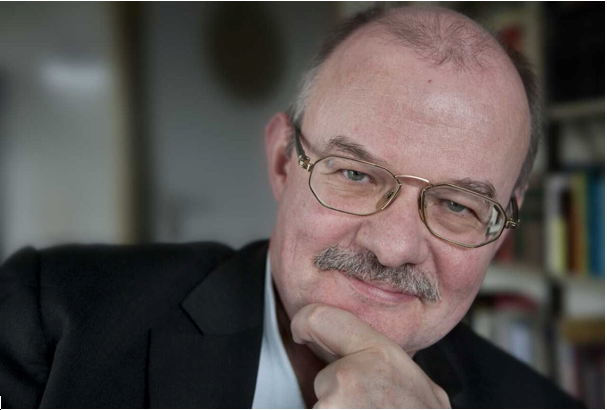200 Years of Socialism: Revisiting the Old Dilemmas
Marcel van der Linden reviews strategic dilemmas and choices of socialist and labour movements from the 1820s to the 2020s.

Main content
Marcel van der Linden
Former Research Director, International Institute of Social History, Amsterdam
Professor of Social Movement History, University of Amsterdam
President, International Social History Association
Traditional labour and socialist movements are in trouble almost everywhere. The power of trade unions is declining; anarchist and revolutionary-syndicalist movements are a spent force; social democratic and communist parties are mostly not doing well; attempts to build “real socialism” in the Soviet Union, Eastern Europe, Cuba, Africa, China, and Southeast Asia descended into repression or succumbed to capitalism, or both.
This crisis marks the end of a long cycle, which roughly includes the period from the 1820s-40s to the present. Building on a long egalitarian tradition, it began with ‘utopian’ experiments. Responding to the rapid development of capitalism and the changing nature of states, the movement bifurcated after the revolutions of 1848. One wing strived to build an alternative society without states in the here and now (anarchism/syndicalism), the other struggled to transform the state to progressively build such an alternative egalitarian society (social democracy; communist movements; Arab socialism; African socialism; Indian socialism, etc.). Neither succeeded.
Critical analysis of this great cycle – specifically in combination with the continuously growing global working class – is a challenge of enormous scholarly and political interest. In many countries the decline coincides with a revival of the radical Right, which presents itself as an alternative to the traditional workers’ organisations. The long cycle needs therefore to be scrutinized in depth.
Which results were achieved, and why? What were the major defeats? This is far from an antiquarian exercise. A second “great cycle” is by no means inconceivable and is in fact already announcing itself. Class conflicts will not diminish as we move forward into a very insecure 21st century. Workers and citizens all over the world will continue to feel the ever-present need for effective organisations and forms of struggle. If a second great cycle emerges, what can we learn from the former one?
The lecture (and following workshop) is an attempt to reimagine the strategic dilemmas and choices of socialist and labour movements in the period from the 1820s to the 2020s. Which “bifurcation points” have been of major political and theoretical importance? Can we judge in retrospect whether decisions taken were inevitable? Or were there other and potentially more promising options not taken? It is urgent to learn from this exercise.
Marcel van der Linden has for many years been the research director of the International Institute of Social History in Amsterdam, where he now serves as Senior Researcher. He is also professor of Social Movement History at the University of Amsterdam (emeritus) and acting President of the International Social History Association.
His many articles and books have been published in eighteen languages. Recently: The Cambridge History of Socialism (Editor; two volumes, Cambridge 2023) and The World Wide Web of Work. A History in the Making (London 2023).
Marcel van der Linden’s lecture will be commented upon by Göran Therborn (University of Cambridge), Svati Shah (University of Massachusetts Amherst), and Ernesto Semán (University of Bergen).
